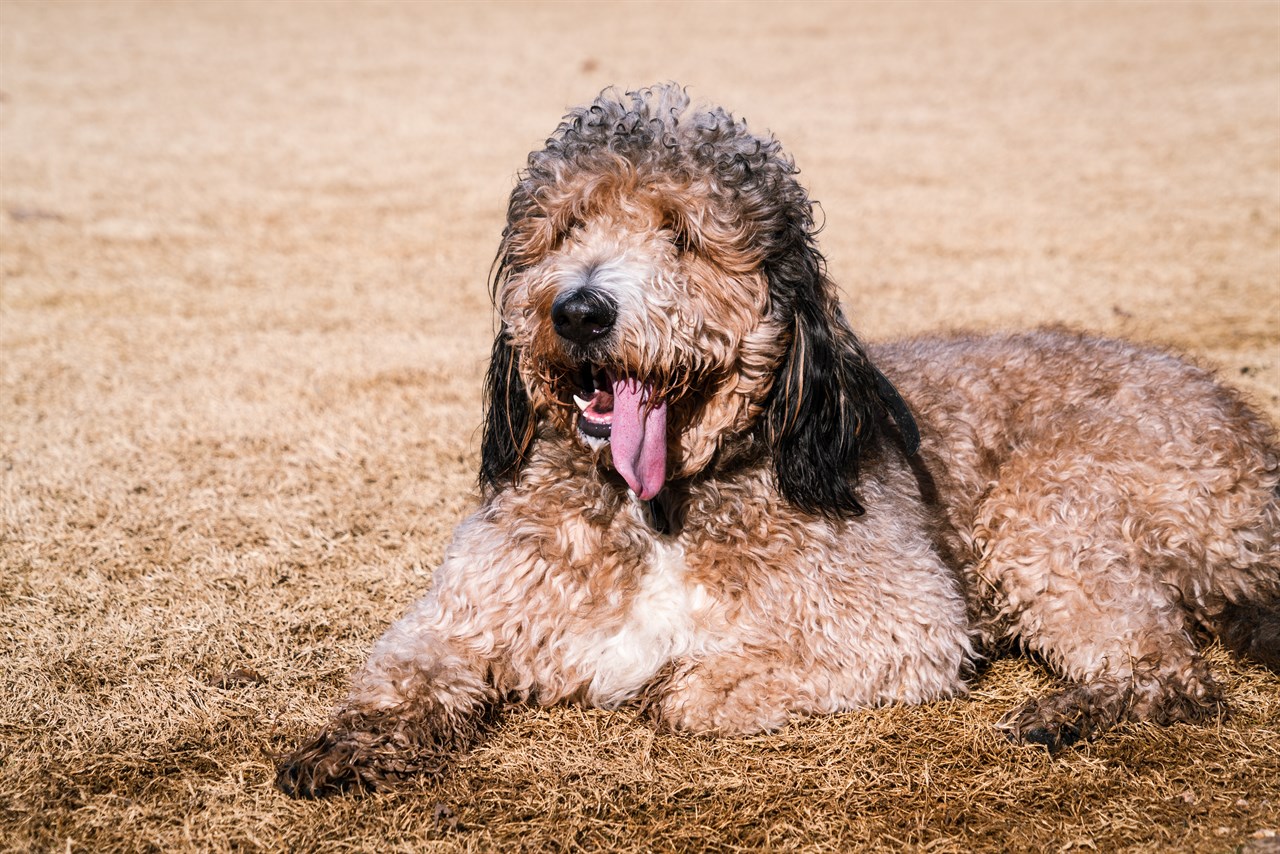Feeding Habits and Food Requirements of Labradoodles: Nourishing Your Pup

Proper nutrition is crucial for the health and well-being of your Labradoodle. Understanding their feeding habits and dietary requirements is essential to ensure they thrive. Here's a comprehensive guide to feeding your Labradoodle.
Feeding Frequency
- Puppies: Labradoodle puppies typically need to eat more frequently due to their smaller stomachs and higher energy levels. Feed them 3-4 times a day until they reach 6 months of age.
- Adults: Once your Labradoodle reaches adulthood (around 12-18 months), you can transition to feeding them 2 meals a day. Some Labradoodles may do well with one larger meal per day, but two meals are generally recommended.
Portion Sizes
Portion sizes vary depending on your Labradoodle's age, size, activity level, and metabolism. It's essential to consult with your veterinarian or follow the recommendations provided on the dog food packaging to determine the appropriate portion sizes. Overfeeding can lead to obesity, while underfeeding can result in malnutrition.
Dietary Requirements
- Protein: Labradoodles, like all dogs, require high-quality protein sources to support their muscle health. Look for dog food that lists a quality protein source, such as chicken, beef, or fish, as the main ingredient.
- Fats: Healthy fats are essential for your Labradoodle's skin, coat, and overall health. Ensure the dog food contains a moderate amount of healthy fats, such as those from chicken fat or fish oil.
- Carbohydrates: Dogs can benefit from carbohydrates like rice, sweet potatoes, or barley for energy. However, Labradoodles do not require excessive carbohydrates, so opt for a balanced diet.
- Vitamins and Minerals: Look for dog food with added vitamins and minerals to support your Labradoodle's overall health. These include calcium, phosphorus, vitamin D, and others.
- Avoid Fillers: Choose dog food that is free from excessive fillers like corn, wheat, and soy, as these can contribute to allergies and digestive issues.
- Special Dietary Needs: If your Labradoodle has specific dietary needs, such as food allergies or sensitivities, consult with your veterinarian to determine an appropriate diet.
- Water: Always provide access to clean, fresh water for your Labradoodle. Proper hydration is essential for their overall health and well-being.
- Treats and Snacks: Limit the number of treats and snacks you offer to your Labradoodle, as excess treats can contribute to weight gain. Use treats for training and occasional rewards, and choose high-quality, low-calorie options.
- Weight Management: Maintaining a healthy weight is crucial for Labradoodles. Obesity can lead to various health issues. Monitor your Labradoodle's weight regularly, and if you have concerns about their weight, consult with your veterinarian for guidance on a suitable diet and exercise plan.
- Transitioning Food: If you need to switch your Labradoodle's food, do so gradually over the course of a week or two to avoid digestive upset. Mix a small amount of the new food with their current food and gradually increase the ratio of new to old food.
In conclusion, proper nutrition is vital for the health and well-being of your Labradoodle. Ensure you provide a balanced diet that meets their specific age, size, and activity level requirements. Regular consultations with your veterinarian can help you make informed decisions about your Labradoodle's diet and nutritional needs.
Labradoodle puppies for sale
- Find Labradoodle puppies for sale in ACT
- Find Labradoodle puppies for sale in NSW
- Find Labradoodle puppies for sale in NT
- Find Labradoodle puppies for sale in QLD
- Find Labradoodle puppies for sale in SA
- Find Labradoodle puppies for sale in TAS
- Find Labradoodle puppies for sale in VIC
- Find Labradoodle puppies for sale in WA